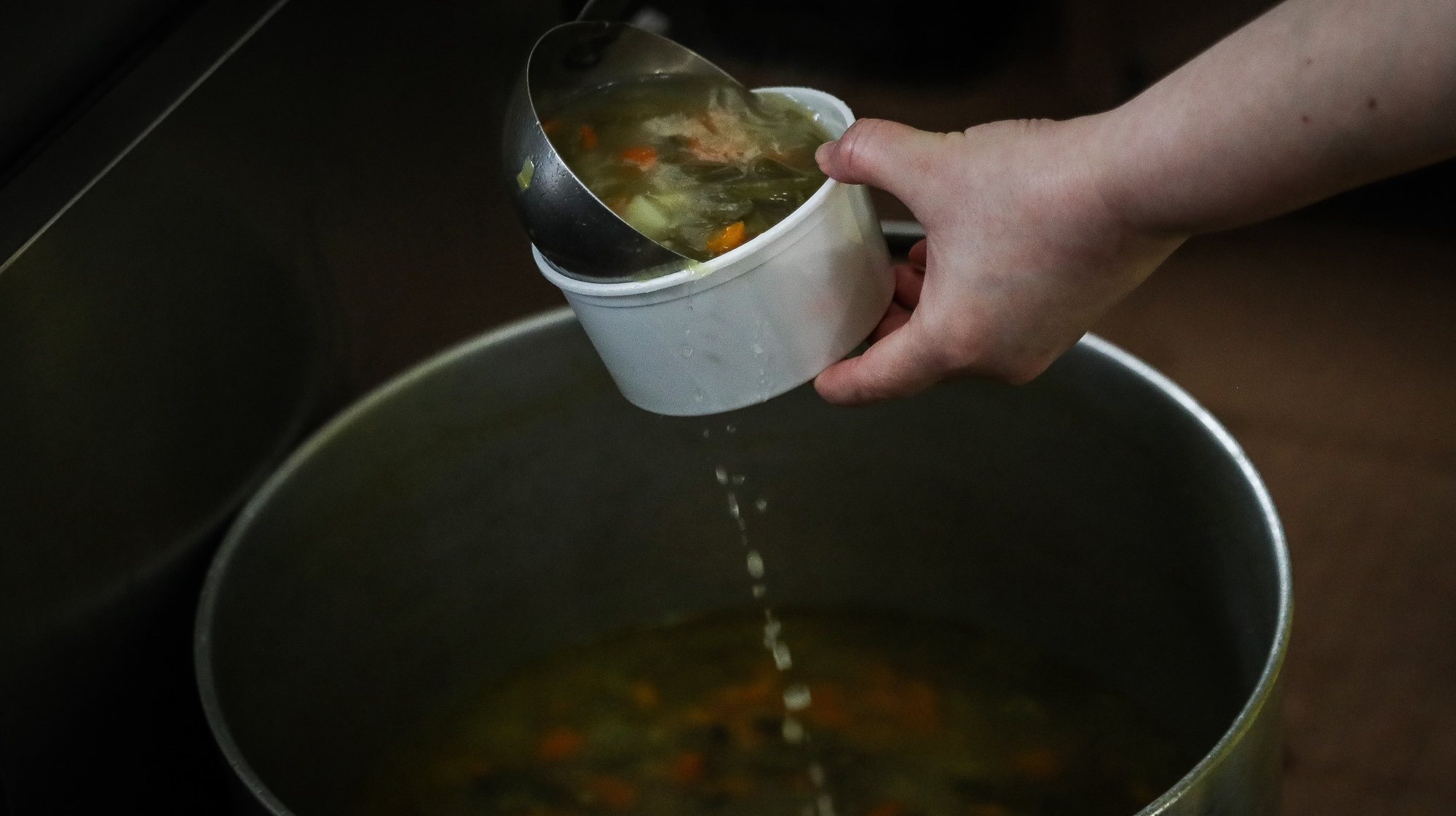Next week a fundraising initiative will take place in Lisbon to publicize and request support for the PAM program in the rehabilitation of school canteens in Timor-Leste.
The World Food Program (WFP) will hold an initiative next week in Lisbon to fundraising to support its school kitchen rehabilitation program in Timor-Leste, an initiative to combat food shortages in the country.
The initiative, which takes place on May 17 at the headquarters of the Union of Portuguese Language Capital Cities (UCCLA), includes a photographic exhibition and presentation of a short film about the work that PAM has been developing in hundreds of Timorese schools.
In a note sent to Lusa, the WFP delegation in Timor-Leste explains that for many Timorese children the food they eat at school is the only nutritious food they have access to throughout the day, which helps to overcome the impact that malnutrition has on the cognitive and physical development of children.
The world hunger situation in 2022 is grim
“School meals in Timor-Leste often represent the only hot food of some children during the day and is of fundamental importance to reduce school absenteeism, particularly in preschool and primary education”, says the WFP.
The United Nations agency notes that in Timor-Leste around 47% of the population is stuntedsuch as dwarfism and rickets, “one of the highest rates in the world”.
“Low nutrition rates remain stubbornly high among girls and boys, limiting their cognitive development, with approximately 70% of first-year students failing to achieve basic learning outcomes,” she explains.
To combat the problem, WFP is working with the Timorese government to improve the school meals program in 400 schools in the municipalities of Baucau, Bobonaro and Manufahi.
Funded with support from KOIKA, the South Korean cooperation agency, the program provides support in areas such as “best practices in nutrition, food preparation, provision of vitamin and mineral fortified rice, and hygiene.”
It also contributes to support school meals and new kitchen equipment that is easy to clean, as well as a small amount of funds for the renovation of some school kitchens.
“Most school kitchens use traditional wood ovens, do not have proper ventilation, have inadequate storage and hygiene facilities and are in dire need of a proper structure. However, the current funding only allows us to reach the smallest part of school canteens, since it covers only ten of the 400 schools currently supported by the program, ”he says.
In addition to the fundraising action in Lisbon, the WFP delegation, headed by the person in charge in Timor-Leste, Cecília Grazon —and which also includes the person in charge of the school feeding project, Anastacio Soriano— will also present the program at meetings in Rome and in Spain.
WFP suspends aid to more than a million people in Mozambique
It is, explains the organization, publicize the initiative “to some Portuguese companies, institutions and individuals who may be interested in supporting” the program in Timor-Leste in some way.
In February, the organization revealed that 300,000 Timorese, 22% of the populationthey face severe food insecurity and require urgent assistance and more than 13,000 are in an emergency situation that requires immediate action.
“These populations face high levels of acute food insecurity. Urgent action is needed,” says the Integrated Food Safety Classification (IPC) study.
According to the document, “urgent measures are needed to protect livelihoods, reduce gaps in food consumption and save lives and livelihoods of people experiencing crisis or emergency food insecurity (IPC Phases 3 and 4). )”.
Among the main factors responsible for the current situation, “high food prices, reduced purchasing power and the persistent impacts of the covid-19 pandemic, as well as the floods of 2021 and 2022” stand out.
In the case of Timor-Leste, a third of the population lives in acute food insecurity, around 581 thousand are in level two, 286 thousand live in crisis and 13 thousand in an emergency situation.
The study mentions that Timor-Leste occupies the 16th place in the World Risk Indexwhich indicates the severe exposure, vulnerability and susceptibility of the country to shocks (such as natural disasters, climate change or others), as well as the lack of installed capacity to face this situation.
A situation that is due to both structural and chronic problems, as well as the impact of natural disasters in the country that aggravated the situation of many families.
Present in East Timor since 1999WFP has been supporting successive governments on various issues, including the development of systems and programs to improve citizens’ nutrition.
In addition to training, technical advice and assistance in emergency situations, the organization has more recently been working on food system sustainability projects.
Source: Observadora
